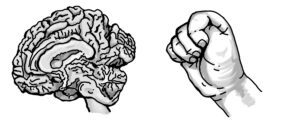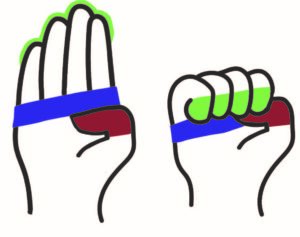Helpers Reinforce BrainWise Learning
Posted On: April 4, 2024BrainWise instructors are passionate about obtaining successful outcomes and engage others to ensure children practice their newly learned skills. A key strategy involves collaborating with helpers – family members, school staff, community and church members, health providers, and others – to reinforce children’s Wizard Brain behaviors.
The interaction between helpers and BrainWise-informed children varies in intensity and frequency. Regardless of the differences, their collective input has a major influence on the retention of children’s thinking skills.
The following strategies are easy for instructors to implement and will help them engage a wide range of helpers to reinforce children’s positive behaviors:
1. Explain BrainWise to the Helper. Tell the helper that the child is learning about the brain and decision-making skills. Show or give them a picture of the child brain in the BrainWise for Grades K-5 curriculum’s reproducible worksheets.
2. Explain the BrainWise Hand Brain to the Helper. The child has learned how their hand can represent their brain. Show the m the picture of the closed fist underneath a brain and compare how it resembles the brain. 
3. Show the Helper the Drawing of the Stop and Think Hand Brain Gesture. The open hand gesture reminds the child to STOP and the brain fist gesture reminds the child to THINK. Tell them to use the Stop and Think Hand Brain to remind the child to use their Wizard Brain.

4. Ask the Helper to Reward Wizard Brain Thinking by Exchanging a Brain Bump with the Child. The child understands that brain bumps are like “High Fives” for using their thinking skills. A brain bump is a positive and immediate reinforcement of using their Wizard Brain.
Helpers don’t need to learn BrainWise lessons. They can simply learn the Wizard Brain and Lizard Brain, the BrainWise Stop and Think Hand Brain gesture, and the Brain Bump for rewards. Helpers are welcome to learn more, but that is not necessary to begin using these helpful gestures to acknowledge children and their awareness of the Wizard Brain thinking.